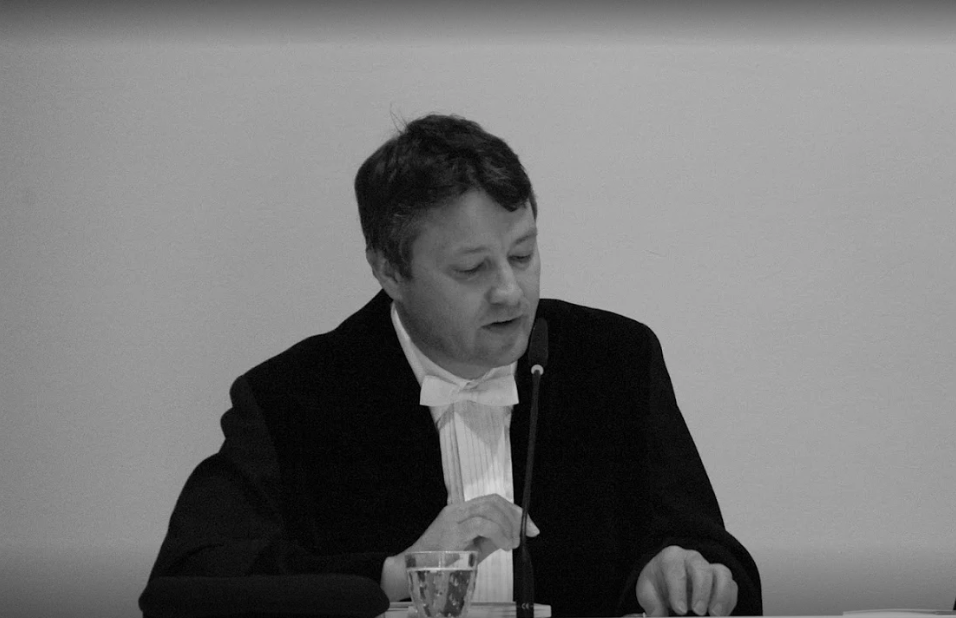|
Experience and training have supplied my toolbox with a range of practical and academic legal skills and competences. From 2001 onwards, when I came to the chair of Law and Governance at Wageningen University, with my team I have primarily applied these tools to the national and international food sector.
I am passionate about the emerging functional field of food law. My contribution to pioneering in creating and shaping it, gives me pride and satisfaction. My core value – both as a citizen and as a professional – is a strong believe in the rule of law. This means that I consider the responsibility of the law and the people of the law such as legal scholars and practitioners including myself, to be to protect people from the potentially limitless powers of public authorities. These powers must be counter balanced and bound by legal requirements and procedures that you and I can invoke. The rule of law stands for a moderate society with a plurality of opinions without monopolisation of truth. This core value places me in direct – be it democratic – opposition to populism, Trumpism and other forms of intolerance. However, my opposition to monopolisation of truth in particular also creates tensions for me with mainstream food law thinking which heavily relies on a dominance of current science over other frames to deal with reality – such as scientific minority opinion, tradition, practical experience, intuition, religion and human wisdom. This being said, I have to acknowledge that I do not possess any tools to distinguish honest believes about reality worthy of protection from schemes to deceive consumers. In my inaugural address, I have set out how I see the scope of food law. In my view, it includes the more technical regulation by public and private regulators of food safety and consumer choice as well as food security issues covered by the human right to adequate food. My work mainly covers the global level (UN, Codex Alimentarius, FAO, WTO), the regional level (European Union), the national level (some EU member states, particularly the Netherlands, the United States of America, the People's Republic of China) and private regulation. My ambition is to contribute - through competence building and action - to overcoming legal barriers to achieving food security in general and in particular to market acces for novel crops and proteins such as algae, insects, cultured meats and exotic foods. The issue is urgent in the face climate change and demographic developments. |
